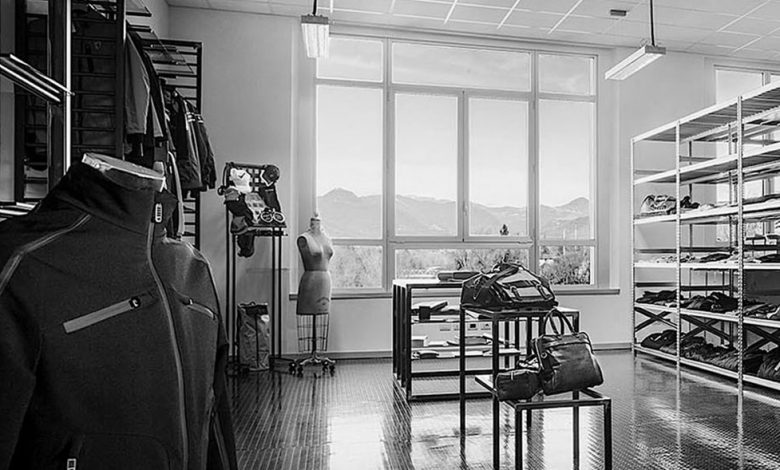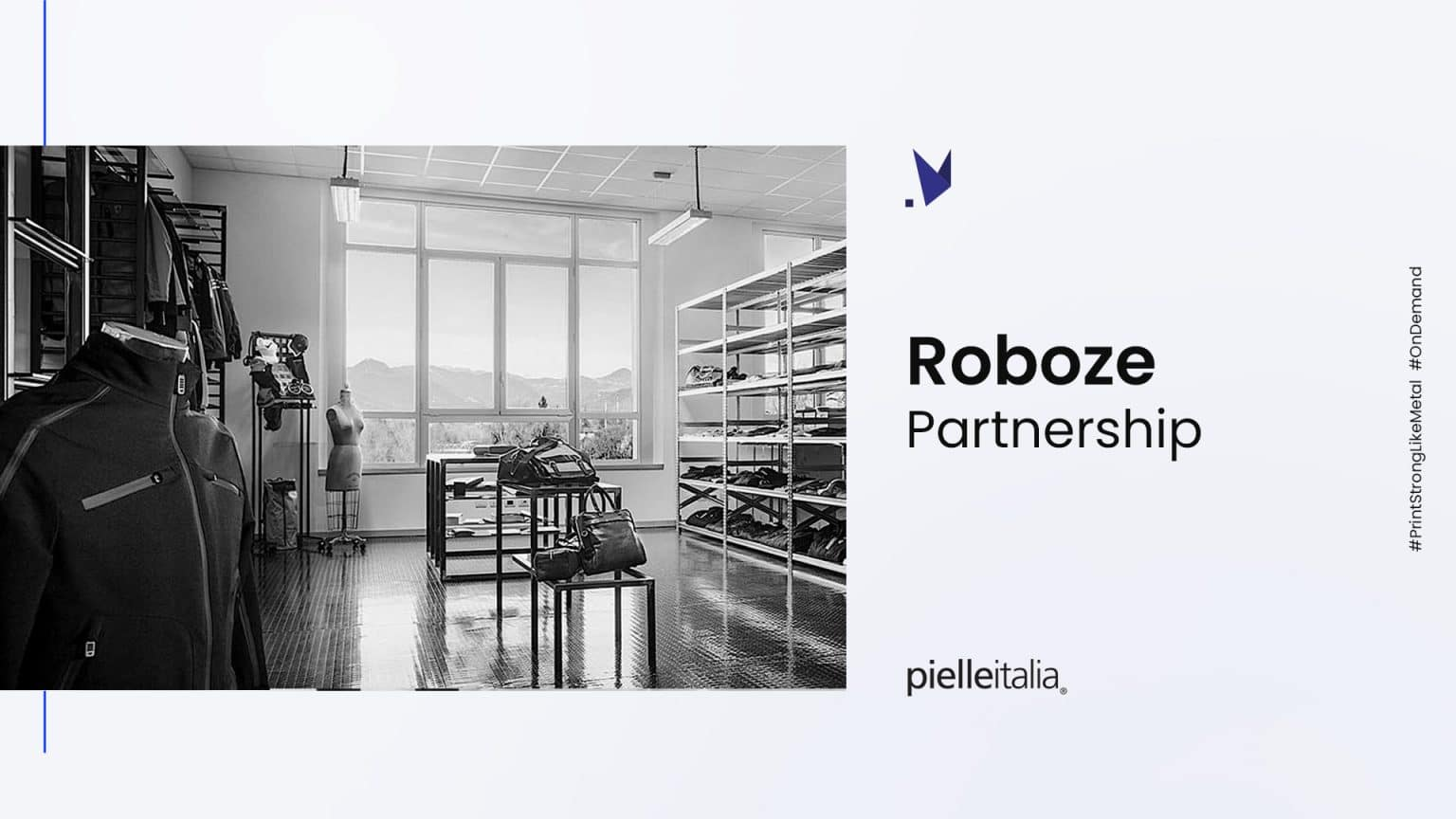Plastic, and its use/abuse in the global community, is among the most pressing issues of the last decade, where the high degree of competitiveness and performance of the material is opposed to the environmental and health issues. Interestingly, many plastics used in 3D printing are not used solely to make parts: advanced thermoplastics such as nylon (also known as polyamide or PA) and polyester (PET) are also used to make synthetic textile fibers. Even considering that recycling any type of plastic is a lot more difficult than it appears, we’ve been wondering why no one had yet considered recycling textiles such as post-consumer nylon into filaments for 3D printing. Now an initiative by Roboze and pielleitalia aims to do just that.
Pielleitalia, an innovative company in the field of sustainable textiles, is now working with Roboze as a technological, to give new life to post-consumer polyamide (nylon) used for uniforms and merchandising. The common goal of this partnership is to develop a complete circular economy model in which polyamide recovered from clothing becomes a secondary raw material for the creation of 3D printed objects with antibacterial functions. Pielleitalia assists with its strategy consultancy large companies and multinationals for which textiles are not the main activity. These companies require careful advice for the production of clothing that follows models of sustainability and circular economy capable of reducing their environmental impact. Through the combination of decades of experience and research in the textile industry, pielleitalia supports some of the most important brands in the world in the implementation of a sustainable supply chain that very often entails additional benefits and revenues for the customers themselves.
Manufacturing on Demand
Roboze launched, at the beginning of 2022, a Circular Economy program dedicated to innovative manufacturers around the world seeking to recover processing waste or parts at the end of their cycle, giving them new life through their collection and subsequent production of new filaments for 3D printing.
“The uniqueness of pielleitalia is its ability to build intersectoral projects involving partners with different skills, with the common goal of developing innovative technologies that have a positive impact on an environmental, social, and governance level,” said Cesare Pezzini, Marketing Manager of pielleitalia. “We recognized Roboze as the ideal partner to carry on our idea of recovering polyamide clothing and accessories to transform it into technical filament for 3D printing. pielleitalia and Roboze share a propensity for innovative research and great attention to corporate sustainability, and this makes us strongly synergistic partners”.
Roboze’s vision, in fact, is linked to the strong desire of the 3D printing company to overturn the current approach of delocalized production models. Roboze Distributed Manufacturing, promoted by the manufacturer itself, envisages a new way of producing through 3D printing centers distributed around the world, with the aim of bringing the value of production back to the point of use and minimizing the environmental impact of production thanks to the reduction of waste and transport. Post-consumer nylon recycling from textiles fits right into this vision and further expands it.
“Fostering a more sustainable future is a key priority for Roboze” says Francesco Pantaleone, Roboze’s VP of Business Development. “We are determined to do so and we are very open to making our know-how available to projects where we see the opportunity to deeply impact the current obsolete production and supply chain management models. Collaborations such as the one with pielleitalia open up new possibilities, giving us the opportunity to increase the scope of our efforts.”
* This article is reprinted from 3D Printing Media Network. If you are involved in infringement, please contact us to delete it.
Author: Andrea Gambini




Leave A Comment